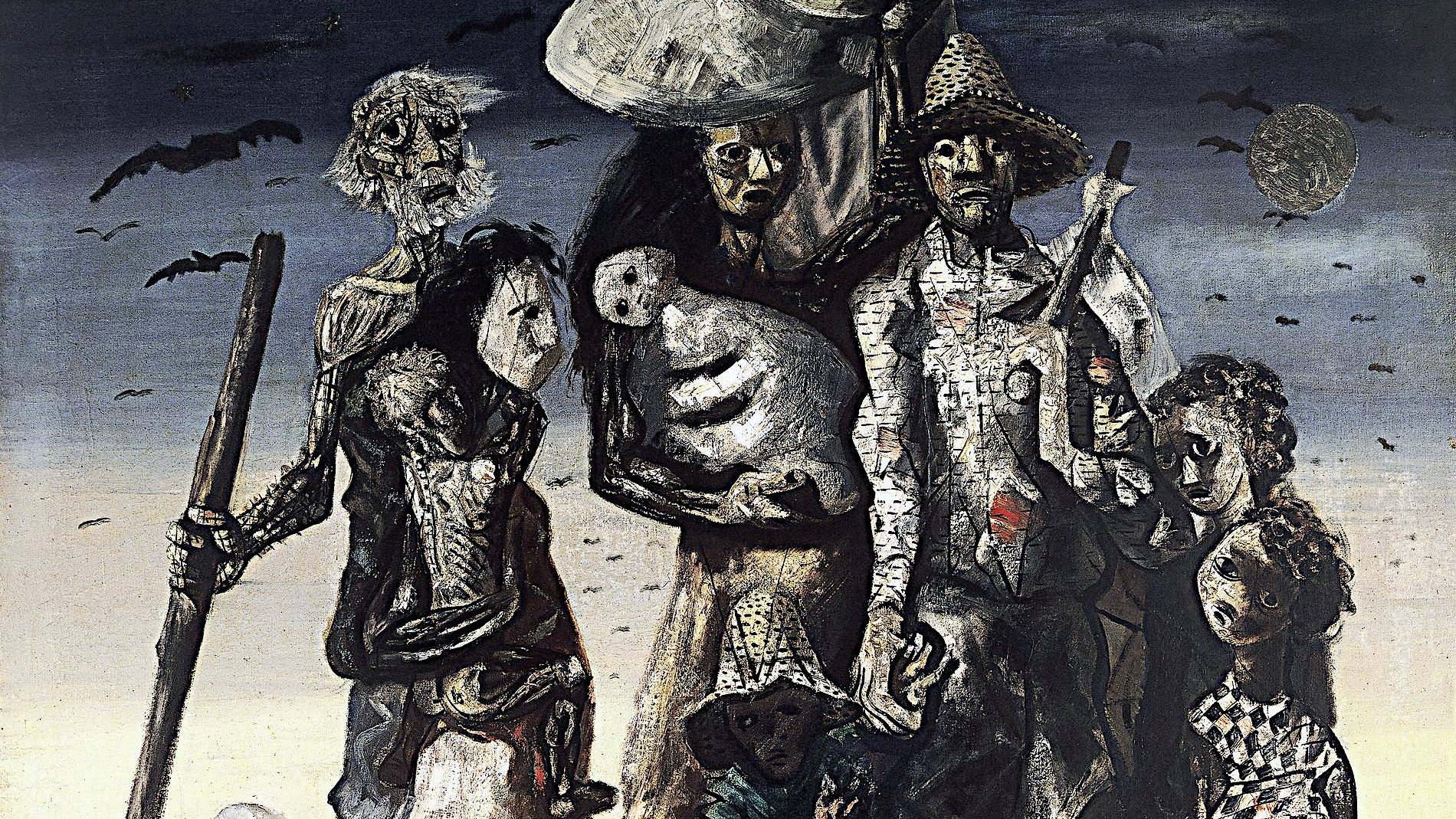
In "Vidas Secas", Fabiano represents a man whose imagination has been stunted by a lack of culture, a lack of access to education, knowledge and books. Fabiano is unable to understand what is happening to him and his family precisely because he lacks a verbal repertoire, because he lacks command of language, because he lacks the ability to express himself through words.
Bernardo Souto
"What you cannot [or cannot] talk about, you must keep quiet about," said the Austrian philosopher Ludwig Wittgenstein, in "Tractatus Logico-Philosophicus" - since, according to the same thinker, "the limits of mine language are the limits of my world". Hence the grunts and guttural sounds of the retreater; hence the 'animalization' of the wandering cowboy, a characteristic so highlighted by Graciliano Ramos. Fabiano is silent, laconic, almost mute.
But Fabiano's silence is not the silence of a contemplative philosopher, but rather the silence of someone who has enormous difficulties in reasoning. The misery of the indigent matuto, of the sertanejo father of a family, is not only financial, it is also the misery of ontological mutilation caused by the absence of literary education, by the absence of contact with philosophy, in short, by the absence of contact with what is richest and deepest in the Portuguese language. For Fabiano, there are no symbols, no metaphors, no analogies; in fact, Fabiano doesn't even have a minimally elementary vocabulary, nor a trivial command of the syntax of our language.
That's why Fabiano's fate is cyclical, like that of the dog that tries to bite its own tail, like that of the starving dog, abandoned to its fate. "He was a wretch, he was like a dog, all he got was bones." An animal. "Fabiano, you're an animal, Fabiano," writes Graciliano, with his blunt, aggressive and dry diction, dry like the backlands that the great northeastern writer knew so well.
That's why the cowboy Fabiano "lived far away from men, he only got along with animals. His hard feet broke thorns and couldn't feel the warmth of the earth. On horseback, he confused himself with the horse and stuck to it. And he spoke a sung, monosyllabic, guttural language," as the accomplished artist of the word from Alagoas writes. "An animal". In fact, Fabiano is practically an animal.

Bernardo Valois Souto has a bachelor's degree in Literature/Literary Criticism from the Federal University of Pernambuco and a master's degree in Literature and Culture: Comparative Studies from the Federal University of Paraíba. She taught Brazilian Literature, Portuguese Literature and Literature Theory at the Araripina Teacher Training College in Pernambuco for several years. He has published poems and essays in literary magazines such as Zunái, Germina, Eutomia (UFPE), Tom, Cronópios, Vila Nova, Síntese, Unamuno, among others. He received the Poetry Prize from the Pernambuco Academy of Letters in 2020.

